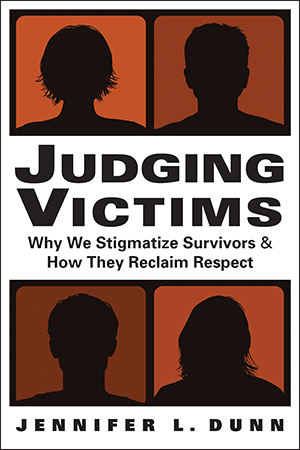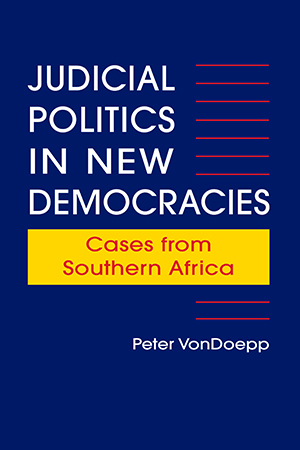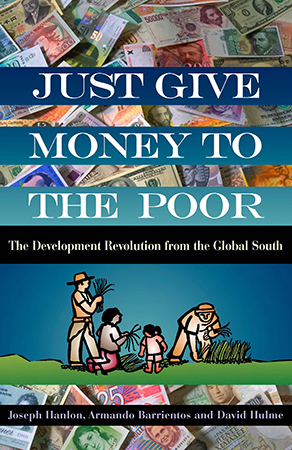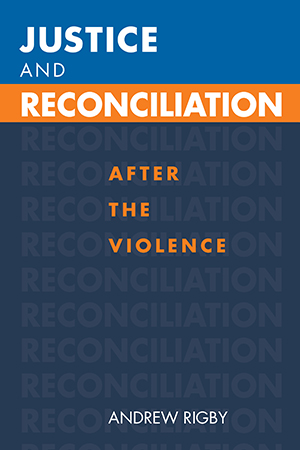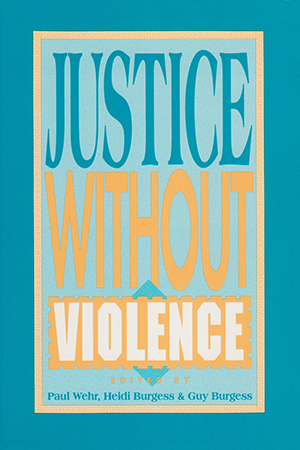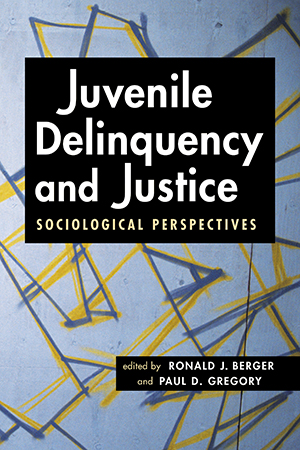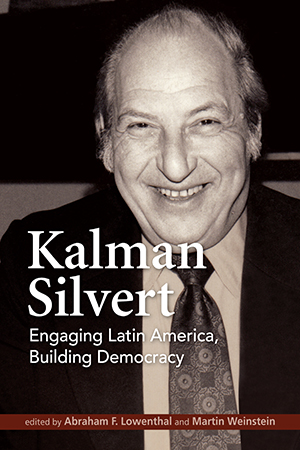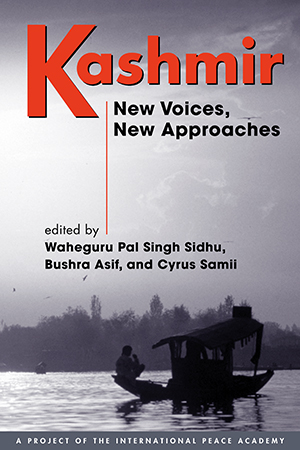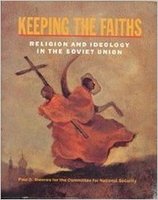BOOKS
Choice Outstanding Academic Book! "Why didn't she resist?" "Why is he telling us only now?" "Why can't she move on?" Unpacking the questions that More >
That judicial institutions are important for emerging democracies leaves little room for debate. But to what extent do judiciaries in these new democracies maintain their autonomy? And what More >
Amid all the complicated economic theories about the causes and solutions to poverty, one idea is so basic that it seems radical: bypass governments and NGOs, provide direct cash transfers, More >
How do societies that have been wracked by violent conflict reconcile themselves to their recent history—and lay the foundations for a peaceful, stable future? How do they deal with More >
Justice Without Violence investigates nonviolent ways—both successful and unsuccessful—of confronting acute political and economic injustice around the world. A well-integrated More >
This new anthology offers a comprehensive overview of the essential topics in juvenile delinquency and justice. The selections encompass both landmark scholarship and cutting-edge research More >
Kalman Silvert highlights the extraordinary career of an extraordinary man—one of the founding architects of Latin American studies in the United States, a major builder of the More >
Uniquely representing all sides in the conflict over Kashmir, this innovative new book provides a forum for discussion not only of existing proposals for ending the conflict, but also of More >
Topics include religious tradition, competing faiths, religious life and the Gorbachev era. More >
The shocking execution of Ken Saro-Wiwa at the hands of the Nigerian government in 1995 stirred new interest in the many facets of his life—as novelist and short story writer, radio More >



